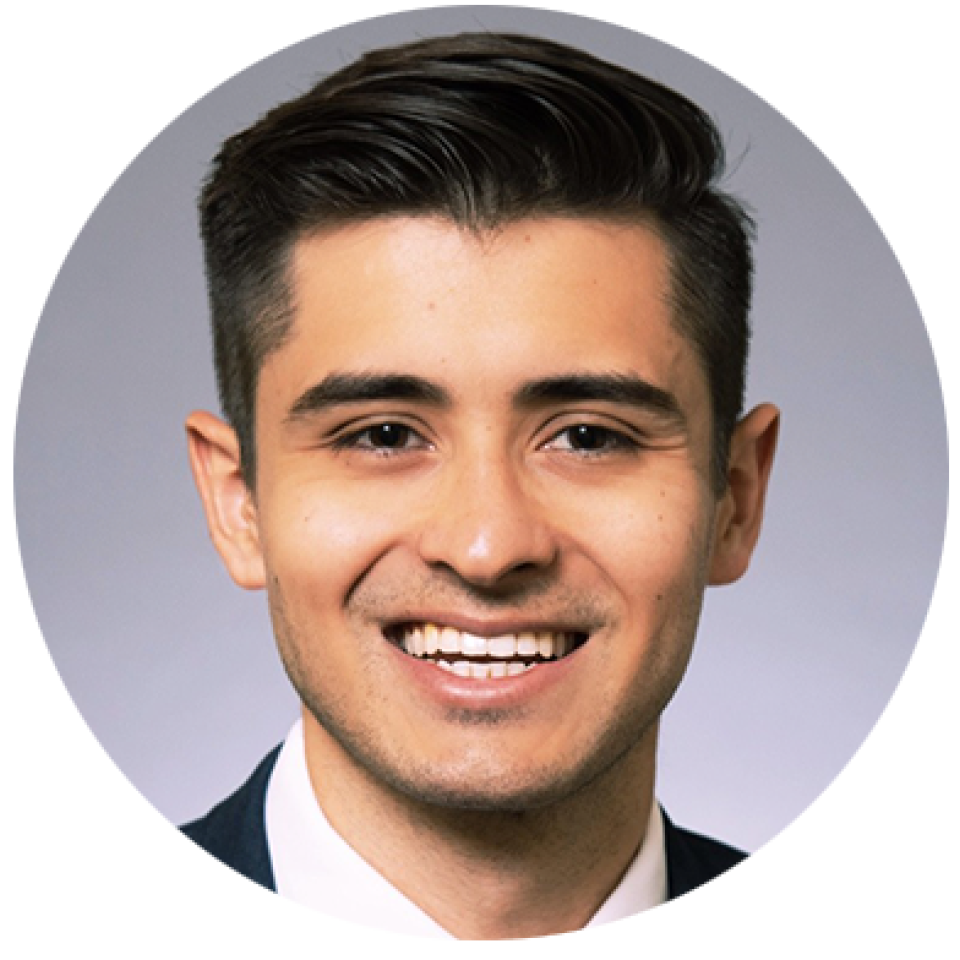

AI for Primary Care: Electronic Scribes and More
The "AI for Primary Care: Electronic Scribes and More" workshop invites healthcare professionals, AI researchers, and technology developers to explore the pioneering intersection of artificial intelligence (AI) and clinical scribing. With a rich legacy spanning from Florence Nightingale's emphasis on incorporating diagnoses and treatment plans into clinical notes in the 19th century to Dr. Lawrence Weed's introduction of the SOAP format in 1968, clinical documentation stands at the cusp of a new era. These historical milestones underscore the long-standing commitment to improving patient care through meticulous record-keeping and informed decision-making.
Today, as we stand on the brink of another transformative phase, propelled by AI technologies, this workshop aims to continue that tradition of innovation and excellence. By integrating AI, we aim to enrich patient care and streamline healthcare provider workflows through enhanced clinical documentation.
This workshop is dedicated to showcasing innovative AI applications that automate and enhance the scribing process. Participants will delve into how AI-driven tools can accurately capture patient narratives, interpret clinical signs, assist in diagnostic processes, and recommend treatment plans. The goal is to explore how AI can augment the accuracy, efficiency, and comprehensiveness of clinical notes, thereby improving patient care and healthcare provider workflows.
Key themes include the application of natural language processing (NLP) to interpret subjective symptoms and objective clinical signs, machine learning algorithms for assisting with assessments and differential diagnoses, and AI-driven decision support systems for planning treatments and investigations. The workshop will highlight cutting-edge research, case studies, and pilot projects that demonstrate the potential of AI to revolutionize primary care documentation, making it more reflective, predictive, and personalized.
By facilitating discussions on the challenges and opportunities of integrating AI into clinical scribing, this workshop aims to foster collaboration among clinicians, AI technologists, and policy makers. Attendees will gain insights into the latest advancements and the future trajectory of AI in enhancing the quality and efficiency of healthcare documentation and delivery.
SCOPE
We welcome submissions on a variety of AI methodologies, including but not limited to deep learning, neural networks, and generative models, with a special interest in how these technologies can be tailored to fit the unique demands of primary care settings. This workshop is not just a forum for presenting research but a crucible for generating innovative ideas and forming partnerships that will lead the charge toward a new horizon in healthcare.
TOPICS
|
|
|
|
|
|
|
|
|
PROGRAM FORMAT
Time |
Format |
Topic |
Speakers |
|
1:30 - 1:35 pm |
Podium Presentation |
Welcome Address |
TBN |
|
1:35 - 2:15 pm |
Podium Presentation |
Keynote: AI for Primary Care |
Caroline R. Richardson |
|
2:15 - 2:45 pm |
Rising Star Research Presentation |
Evaluating an LLM for Translating Patient Instructions |
Daniel Kats |
|
2:45 - 3:05 pm |
Research Presentation |
Document-level Clinical Information Extraction with Bayesian Networks and Neural Text Classifiers |
Paloma Rabaey |
|
3:05 - 3:25 pm |
Research Presentation |
Machine Learning Analysis of Vocal Characteristics Able to Detect Moderate to Severe Depression |
Prentice Tom |
|
3:25 - 3:45 pm |
Coffee Break |
||
|
3:45 - 4:05 pm |
Research Presentation |
Lessons Learned Post-Implementation of an Artificial Intelligence-Powered Retinal Screening Camera at an Academic Family Medicine Clinic |
Ariel Leifer |
|
4:05 - 4:25 pm |
Research Presentation |
Preliminary Findings and Insights from the UI Health Generative AI in-basket Pilot |
Awais Farooq |
|
4:25 - 4:45 pm |
Research Presentation |
From Patient Homes to the Clinic and Communities: Using AI to Improve Outcomes for Patients in Primary Care |
Anthony Sunjaya |
|
4:45 - 5:15 pm |
Podium Talk |
Closing Keynote |
Yves Lussier and JT Menchaca |





